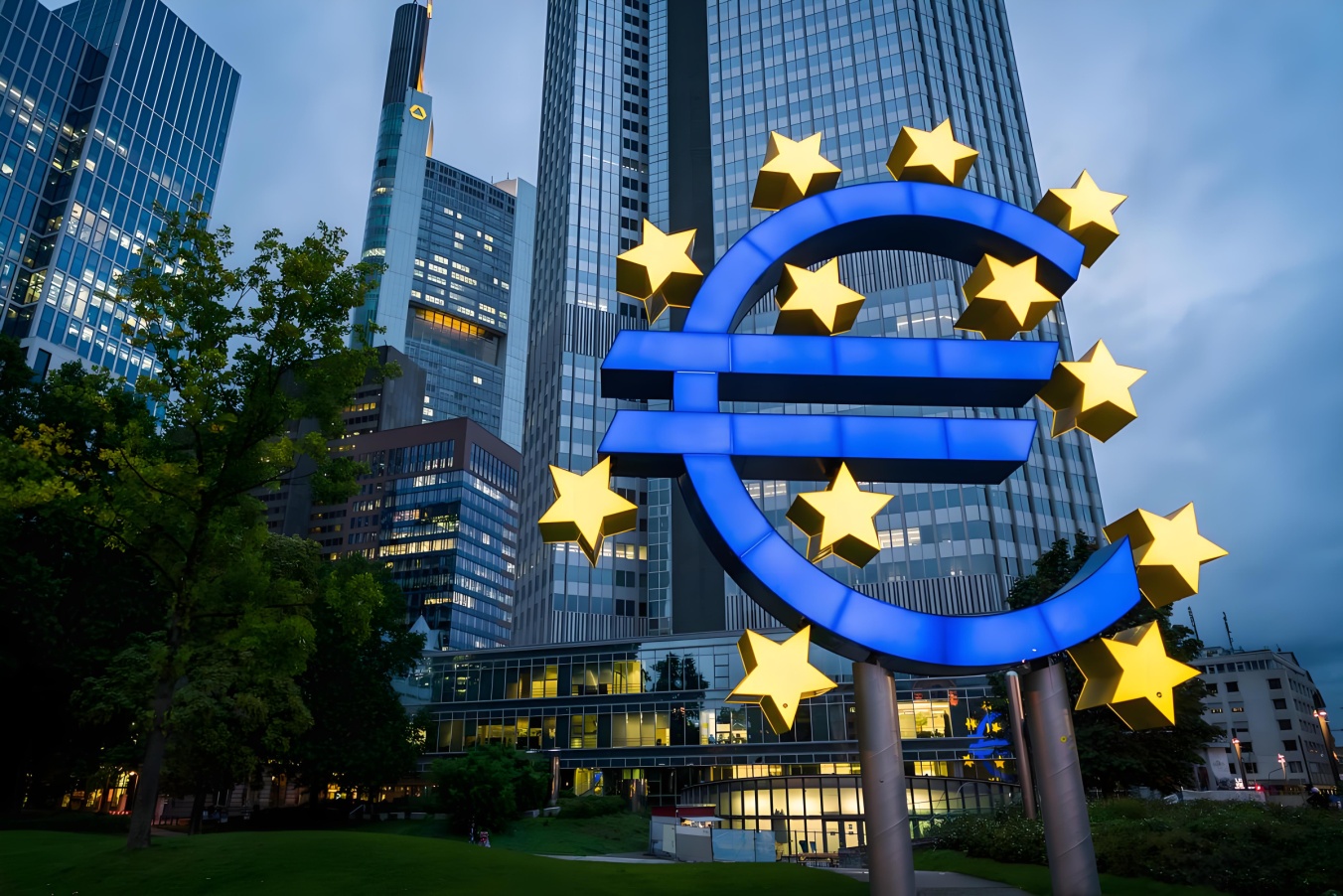
In recent years, the EU economy has fallen into a worrying spiral of recession. This situation has brought numerous dilemmas and challenges to the entire European continent, with far-reaching and profound impacts, not only in the economic field but also involving social stability, political landscapes, and all aspects of people's lives.
The signs of the EU's economic recession are first manifested in the weakness of economic growth. From a macro perspective, the growth rate of the Gross Domestic Product (GDP) has been continuously sluggish and has even experienced negative growth in multiple quarters. The traditional manufacturing industry, one of the important pillars of the EU economy, is facing multiple problems such as shrinking market demand, overcapacity, and lagging technological innovation. The automotive industry, once the pride of European manufacturing, has gradually lost its edge in the wave of global new energy vehicles, with declining sales, factory production cuts, and a large number of workers facing the risk of unemployment. At the same time, the service industry has not been spared. The tourism industry has suffered a sharp reduction in the number of tourists due to unstable external environments and security factors, and the related service industry revenues have dropped significantly.
In the field of trade, the EU also faces difficulties. The rise of global trade protectionism has hindered the EU's foreign trade. On the one hand, trade frictions with its major trading partners have been intensifying, with increased tariffs and trade barriers, severely affecting the export competitiveness of EU products. For example, in the trade dispute with the United States, the EU's steel, agricultural products, and other industries have been hit hard, and export orders have decreased significantly. On the other hand, the rise of emerging economies has changed the global trade pattern. These economies have seized part of the EU's traditional market share with their cost advantages and rapidly developing manufacturing industries, further compressing the EU's trade space.
The deterioration of the job market is another prominent manifestation of the economic recession. As enterprises face operational difficulties, layoffs have become a helpless measure for many enterprises to reduce costs. The unemployment rate has been continuously rising, especially the youth unemployment rate remains high, exceeding 20% in some countries. A large number of young people cannot find jobs, which not only causes a waste of human resources but also triggers a series of social problems, such as increased poverty, unstable social security, and a blow to people's confidence in the future. Long-term unemployment has led to the rustiness of some workers' skills and increased the difficulty of re-employment, further It has further increased the social burden and formed a vicious cycle.
The reasons for the EU economy falling into a spiral of recession are multifaceted. Firstly, the uncertainty of the global economic situation is an important external factor. In the process of economic globalization, various risks and shocks are more likely to spread globally. As a highly open economy, the EU finds it difficult to remain unaffected. For example, the turmoil in the global financial markets, the fluctuations in commodity prices, and geopolitical conflicts have all had a negative impact on the EU economy. Secondly, the structural problems within the EU are deeply ingrained. There is an imbalance in economic development among different member states, and it is difficult to coordinate and unify fiscal and monetary policies, resulting in inefficient resource allocation. Some southern European countries have high debts and fragile fiscal situations, making it difficult to implement effective fiscal stimulus measures to boost economic growth during the recession. Moreover, the unified monetary policy cannot fully meet the specific needs of each member state, greatly reducing the effectiveness of the monetary policy. In addition, although the EU has certain advantages in some areas of scientific and technological innovation, it has generally failed to keep up with the pace of the times. In emerging technology fields such as digital transformation and artificial intelligence, the EU lags behind the United States and China to some extent, which also restricts its economic competitiveness and development potential.
To cope with the economic spiral of recession, the EU has taken a series of measures. In terms of monetary policy, the European Central Bank has continuously lowered interest rates and implemented quantitative easing policies to inject a large amount of liquidity into the market to stimulate credit growth and investment. However, the effectiveness of these monetary policy measures is limited because during an economic recession, enterprises and consumers lack confidence, and even if the cost of funds is reduced, they may not be willing to increase investment and consumption. In terms of fiscal policy, the EU has attempted to strengthen fiscal coordination among member states and promote some common investment projects, such as infrastructure construction and green energy development, to promote economic growth and employment. However, the implementation of fiscal policy faces interest differences among member states and constraints of fiscal discipline, resulting in slow progress and limited scale.
Looking ahead, it is no easy task for the EU economy to emerge from the spiral of recession. The global economic situation remains complex and changeable, and the resolution of internal structural problems requires long-term efforts and reforms. The EU needs to further strengthen internal unity and coordination, accelerate the pace of economic restructuring and transformation and upgrading, increase investment in scientific and technological innovation, improve the quality of education and the labor force, and actively expand external markets and strengthen cooperation with other economies to enhance the resilience and competitiveness of its own economy. Only through comprehensive and in-depth reforms and development can the EU economy break free from the quagmire of recession and return to a path of stable growth. Otherwise, the shadow of economic recession will continue to hang over the European continent, bringing more uncertainties and challenges to its future development.

Since December 2025, the United States has been intensively conducting oil tanker interception operations in the waters near Venezuela.
Since December 2025, the United States has been intensively…
When U.S. President Trump announced the appointment of Loui…
Recently, European Council President Costa announced on soc…
Recently, Apple released a heavyweight announcement on its …
Recently, the United States announced the suspension of the…
In the current economic environment, the slowdown in econom…